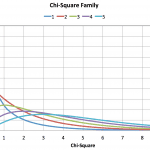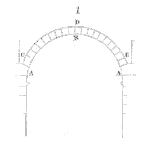
We facilitate. As reliability professionals, we often lead teams to identify risk. We help cross-functional teams find and implement solutions. We bring people together and ease their ability to communicate clearly with each other.
Whether a leader or participant we have a role to achieve the desired goals. Our ability to facilitate enables us to work with others to get things done. Understanding how to facilitate well permits us to add value when leading or participating on a team. [Read more…]










